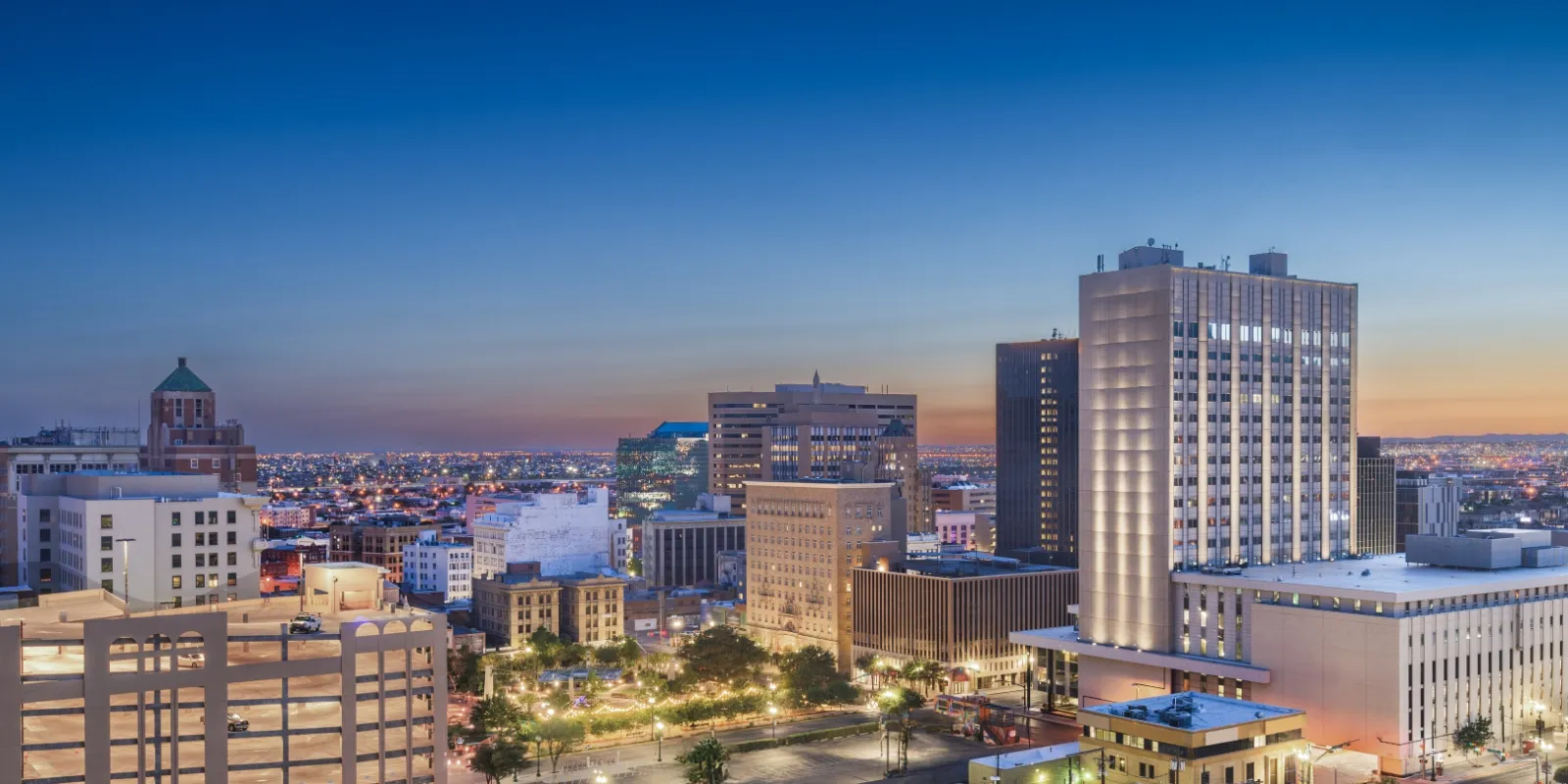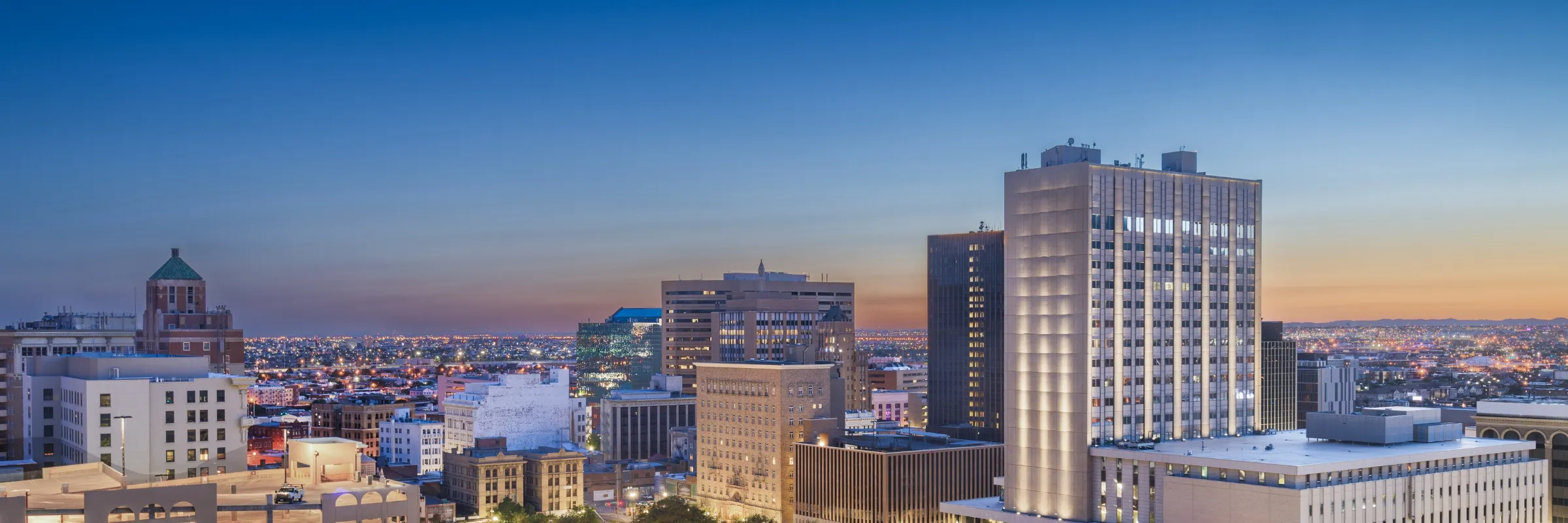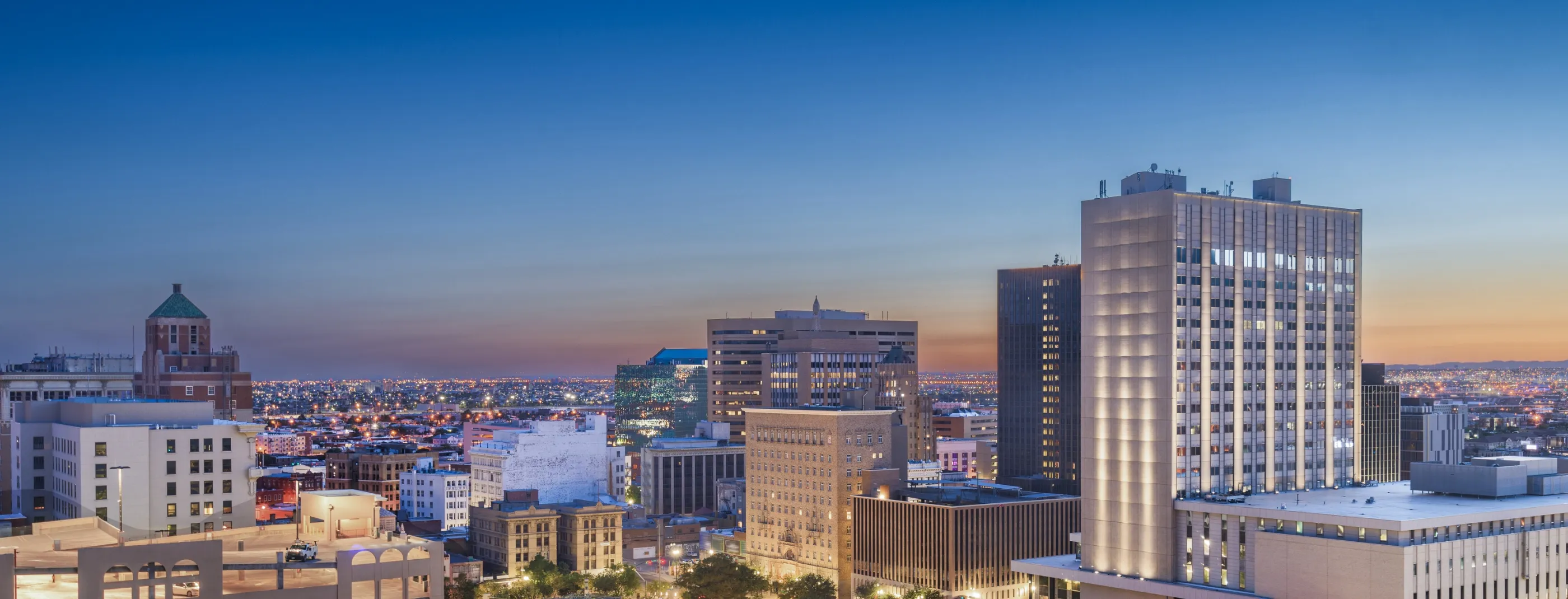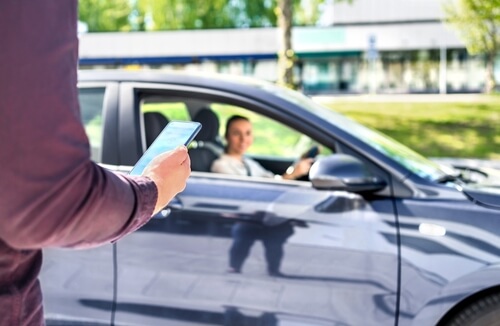244,092 people were injured in motor vehicle traffic crashes in 2022 according to the Texas Department of Transportation. Many of these accidents involved rideshare companies in which innocent passengers were injured. As one of the leading law firms serving the El Paso community, we understand the challenges and difficulties you may face following an Uber, Lyft, or rideshare accident. Our firm has assisted numerous clients in similar situations, providing professional legal guidance and support.
Understanding the Complexities of Rideshare Accidents
Navigating the legal landscape after a rideshare accident can be overwhelming. Uber, Lyft, and other rideshare platforms have transformed the way we commute, but they also introduce unique challenges when it comes to determining liability and seeking compensation. Factors such as insurance coverage, driver status, and third-party involvement can complicate the claims process.
You can trust that we have a deep understanding of the intricate regulations and laws surrounding rideshare accidents. Our team is well-versed in the nuances of these cases, ensuring that no detail goes unnoticed when building a strong case on your behalf.
Who is Responsible for a Rideshare Accident in El Paso, Texas?
Every rideshare accident is unique, just like regular car accidents. Finding the at-fault party becomes essential because Texas’ fault-based vehicle insurance system enables accident victims to make claims against the responsible parties.
What options you have for seeking compensation if you are hurt in a rideshare accident in El Paso may depend on a variety of factors. This includes whether or not the rideshare driver was at fault for the collision, as well as whether or not the rideshare driver was currently transporting a passenger or signed into their rideshare app.
Demanding Compensation Following an El Paso Rideshare Accident
The insurance coverage made available for the accident may affect the amount of compensation you could get following a ridesharing accident. However, it will also depend on the severity of your injuries and the damages you sustained in the collision.
If you are eligible for financial compensation through an insurance claim for a ridesharing accident or a lawsuit, you may be able to seek damages for the following kinds of accident-related losses:
Medical costs for your injuries from the past and the future, including hospital stays, emergency room visits, doctor visits, diagnostic procedures, surgeries, treatments, and prescription drugs
Costs incurred directly by the patient for incidentals, such as help around the house and transportation to and from medical visits
Lost wages and diminished earning potential due to injuries that prevent you from working again
Suffering, reduced quality of life, and pain
After the accident, you only have two years under Texas law to file a personal injury lawsuit against the at-fault party if you believe you have a case. This two-year time period normally starts counting down from the day of your injury.
The court will likely dismiss your case if you wait to bring your claim until after the two-year window is over. In such a situation, regardless of how compelling your argument is, you will no longer be able to request compensation for your losses. There may be exceptions for people who were in a prolonged coma, who left the state, or for individuals who were under age 18 at the time of the accident.
Contact an El Paso Rideshare Accident Lawyer
If you or a loved one have been injured in an Uber, Lyft, or rideshare accident, seeking legal representation is essential. With our comprehensive knowledge of the laws and regulations surrounding these cases, we are ready to support you in your pursuit of justice and fair compensation. Contact our El Paso rideshare accident lawyer today to schedule a consultation and let us be your trusted legal advocate during this challenging time.
Source: https://ftp.txdot.gov/pub/txdot-info/trf/crash_statistics/2022/01.pdf





